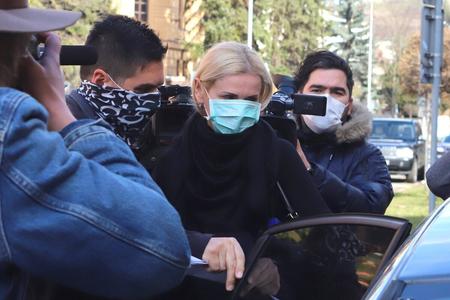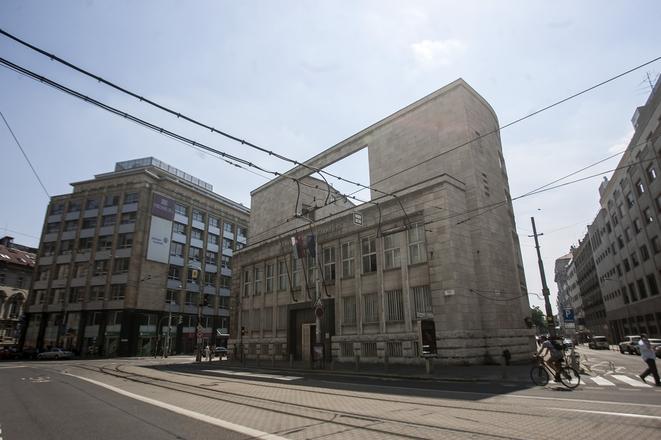The election of the general prosecutor will be a crucial event for Slovakia in 2020, said President Zuzana Čaputová at the beginning of the year, before anybody saw the COVID-19 crisis coming.

“The information that surfaced in 2019 has shown that the failure of the general prosecutor may be fatal and how crucial the post is, since a general prosecutor has great powers,” President Čaputová said back in January, as quoted by the TASR newswire.
The four-party ruling coalition that has been elected and took power since is gearing up for the vote in the parliament, which should produce the successor of the current General Prosecutor Jaromír Čižnár. The coalition parties share the conviction that the respective legislation needs to change first, to ensure more quality and transparency in the election process.
A group of MPs representing all coalition parties proposed a law in the parliament to that effect on May 19. They have already earned criticism for what some see as tailoring the law for a specific candidate, namely former minister and now noted attorney Daniel Lipšic (who is featured, among other high-profile cases, in the Kuciak murder trial as the Kuciak family attorney).
Justice Minister Mária Kolíková has repeatedly complained that the debate about the selection of the next general prosecutor is centered around the names rather than the rules and the process that should correspond to the process.
Public hearings and more nominators
The law outlines a number of novelties for the election of the general prosecutor. Importantly, all the candidates should be heard publicly, similarly to the grilling of candidates for Constitutional Court judges in front of a parliamentary committee.
The non-governmental judiciary and transparency watchdog Via Iuris insists it is a very important step, but it does not automatically ensure the transparency of the selection procedure alone.

“Coupled with other measures, such as the cover letter and the CV available to the public, the audio-visual recording from the hearing, and public vote in parliament, it will certainly lead to the higher transparency of the whole process,” Kristína Babiaková, attorney cooperating with Via Iuris told The Slovak Spectator.
The secret versus public vote had been an issue before the current general prosecutor was elected in 2013. The Iveta Radičová coalition first elected another candidate, Jozef Čentéš, in 2011, but only after six months of struggles and allegations of MPs vote-buying and manipulation of the secret vote.
In previous elections, only MPs were able to nominate GP candidates. The draft law aims to extend that power to several other institutions, such as the ombudswoman, the justice minister, the Council of the Prosecutors (the highest self-governing body of the prosecutors), professional organisations of lawyers and also scientific institutions operating in the field of law, such as the Slovak Academy of Sciences or law schools at universities.
Pavel Nechala, attorney, who is member of the board of the non-parliamentary Spolu party, deems it a positive change.
“A higher number of candidates increase the probability of choosing a high quality successful candidate,” he told The Slovak Spectator.



 (source: Sme)
(source: Sme)